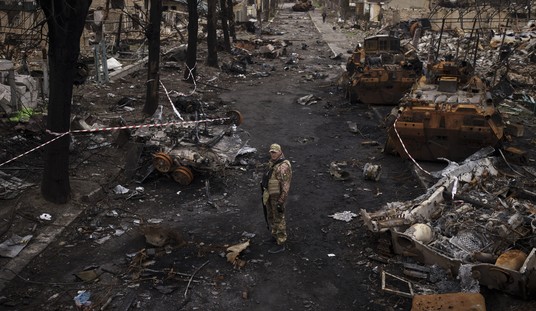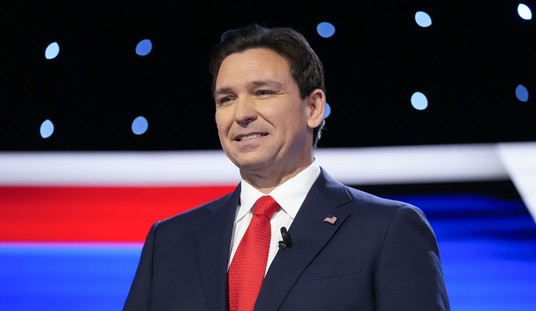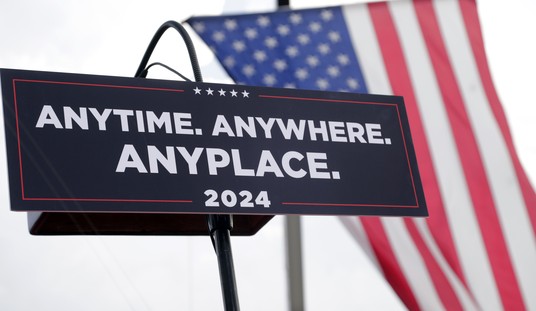Last September the State Department issued a travel warning after 24 U.S. diplomats stationed in Cuba experienced mysterious symptoms involving a high-pitched buzzing sound which caused hearing loss and brain injuries in some cases. In October, CBS News reported that a “handful” of Americans who visited Cuba had complained of the same symptoms. Today the Miami Herald has a follow-up report stating that, since last September, a total of 19 Americans have come forward complaining of similar experiences.
“Since September 29, the Department of State has been contacted by 19 U.S. citizens who reported experiencing symptoms similar to those listed in the Travel Warning after visiting Cuba,” a spokesperson for the State Department’s Bureau of Western Hemisphere Affairs told the Miami Herald in an email.
“We continue to urge U.S. citizens to reconsider travel to Cuba,” she added…
The State Department did not say whether the U.S. citizens reported hearing strange noises — as some of the 24 confirmed victims did — nor whether they stayed at the Nacional or Capri hotels. The State Department also did not clarify if U.S. doctors and investigators have determined that these travelers had suffered the same kind of attack as the diplomats.
“We are not in a position to medically evaluate or provide individual medical advice,” the spokesperson said. “However, we encourage private U.S. citizens who have traveled to Cuba and are concerned about their symptoms to seek medical attention.”
There has been plenty of speculation about what caused the symptoms. Because of the high-pitched noise, many reports have suggested some kind of sonic attack was responsible. But experts say a sonic attack would be unlikely to cause serious damage hearing damage unless the speakers driving it were relatively powerful. Wired published a story last October speculating that poison might explain the symptoms. Earlier this month the State Department revised the travel advisory for Cuba asking that they reconsider going there. It now reads, in part:
Over the past several months, numerous U.S. Embassy Havana employees appear to have been targeted in specific attacks. Many of these employees have suffered injuries as a consequence of these attacks. Affected individuals have exhibited a range of physical symptoms including ear complaints and hearing loss, dizziness, headaches, fatigue, cognitive issues, visual problems, and difficulty sleeping.
Because our personnel’s safety is at risk, and we are unable to identify the source of the attacks, we believe U.S. citizens may also be at risk. Attacks have occurred in U.S. diplomatic residences and at Hotel Nacional and Hotel Capri in Havana.
The other obvious question, besides how these attacks are being carried out, is who is behind them. The Cuban government is the obvious suspect, but they have denied all responsibility and even took the unusual step of inviting the FBI to Cuba to investigate. That combined with the fact that this story really damages the nation’s prospects for reaping tourism dollars from America has convinced some observers that another group or nation could be behind the attacks.
But not everyone in Cuba believes there was an attack of any kind. In December a panel of Cuban scientists announced the symptoms could be the result of stress caused by Trump’s election:
“We have devoted months to this work, but we have not found any evidence that could substantiate [the U.S.] claims,” says panel member Antonio Paz Cordovéz, president of the Cuban Society of Otorhinolaryngology here. He and his colleagues kept circling back to the idea of mass stress. Around the time the first diplomats here fell ill, the U.S. embassy was bracing for a downturn in relations. President Donald Trump had just won the election, and he had vowed to slow or reverse the rapprochement that his predecessor had begun.
“That kind of situation leads you to feel threatened,” says panelist Dionisio Zaldívar Pérez, a psychologist at Havana University. He believes the U.S. government fueled anxiety by labeling the illnesses an attack. In the “very closed community of English-speaking diplomats who have few connections with the Cuban population,” Valdés-Sosa adds, stress could quickly escalate. “U.S. neurologists provided with the evidence given to the Cuban committee would have arrived at the same conclusion,” Espay says.
The same group claims the mystery sound which was apparently recorded by one or more of the affected diplomats, may have been crickets chirping. Crickets who can cause hearing loss and brain damage sounds like a possible plot for the next M. Night Shyamalan movie but it’s not very convincing as an explanation for symptoms that only seem to target American diplomats and citizens in Cuba.








Join the conversation as a VIP Member